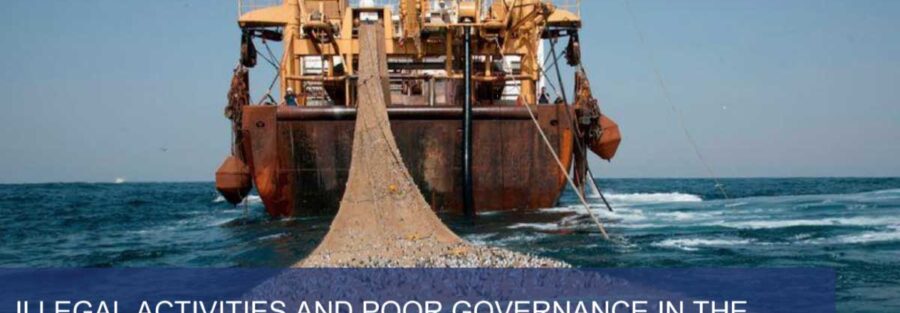Editor’s note: As we celebrate World Oceans Day 2021 under the theme “The Ocean: Life and Livelihoods”, this policy brief addresses concerns of illegal activities and malpractices within the fisheries sector and their effects on the welfare and livelihoods of coastal communities, specifically in the Gulf of Guinea region. In furtherance of our commitment to ending the challenges that undermine fisheries sustainability and the livelihoods of coastal communities, CEMLAWS Africa has launched its awareness campaign FisherfolkFirst, for the month of June 2021.
Read more on www.cemlawsafrica.com and our various online platforms.
Executive Summary
The oceans’ vastness in natural resources and biodiversity offers a plethora of socio- economic opportunities for both coastal communities and the fisheries sector. While its expanse conveys the immensity of space available to navigate and explore its socio-economic benefits, coastal States, and in particular coastal communities, have fallen prey to activities that inhibit sustainability in the fisheries sector. From illegal, unreported and unregulated (IUU) fishing to inadequate or skewed fishing agreements, and seemingly fragmented institutional frameworks, catch levels are reducing to the point of depletion. This indisputably poses a hindrance to the activities of artisanal fisherfolks, their families and their welfare. With a particular emphasis on the Gulf of Guinea, which is witnessing an array of activities that all contribute to the deterioration of fish stocks, the deplorable living standard of coastal communities, and the general state of insecurity in the region, this policy brief highlights some of the dark spots within the fisheries sector and makes recommendations for improving aspects of fisheries governance, especially regarding transparency and accountability.





